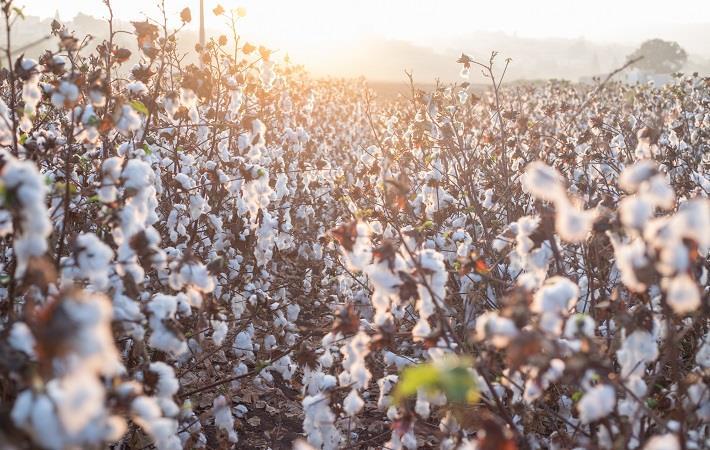
The agreement must now be approved by Australia’s and India’s parliaments, but little opposition is expected for the ratification agreement in either country, the FAS noted.
At the same time, India is seeking to establish a number of additional free trade agreements and or comprehensive economic partnership agreements with the United Kingdom, Canada and Israel, among others.
In 2021, US food and agricultural product export to India totalled over $1.9 billion, up by 5.5 per cent from 2020’s exports of $1.8 billion. Previously US consignments had reached a record high of $2.2 billion in 2019.
In 2021, exports of US-origin cotton, soybean oil, tree nuts, forest, and seafood products drove food and agricultural product growth to India upwards. A number of these US products overlap with Australian ones that will benefit from AI-ECTA’s phased- in tariff reductions. The AI-ECTA can potentially erode hard-won US product market share in the Indian market, the FAS noted.
The United States is the largest supplier of raw cotton to India, including extra-long staple (ELS) and upland (long staple) cotton varieties. The value of US-origin cotton exports exceeded $222 million in 2021, commanding a market share of nearly 43 per cent.
Australia is also a supplier of long staple cotton to India, directly competing with US supplies. In 2021 Australia-origin cotton exports reached $66 million, gaining almost a 13 per cent market share. Australia’s access to a duty-free quota of 300,000 bales will likely affect US upland cotton sales.
At present, imported cotton in India faces a 10 per cent tariff and duty-free access will provide Australian cotton a strong competitive advantage, FAS added.
Fibre2Fashion News Desk (DS)